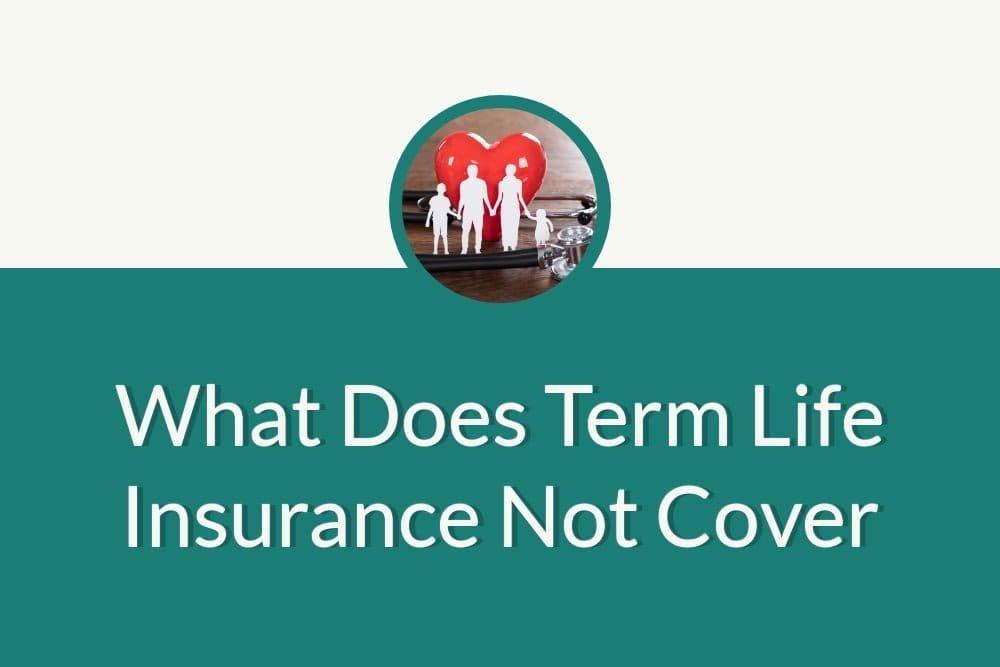What Does Term Life Insurance Not Cover

Rikin is the Founder & CEO of GetSure. He is a licensed life, accident & health insurance agent in all 50 states (plus D.C.) and has over 15 years of experience in the financial services industry. He has been featured in publications such as Forbes, USA Today, and U.S. News & World Report, among others. Rikin holds a B.S. in Applied Mathematics from Columbia University and an MBA from The Stanford Graduate School of Business.
If you'd like to speak with Rikin to discuss your life insurance options or questions, don't hesitate to email him at hello [at] getsure.org.
Joseph RR Templin, MCEC, CEC, CLU, ChFC, CAP has served as a member of NAIFA (the National Association of Insurance and Financial Advisors) on the local, state, and national level, and including three terms on the NAIFA National Young Advisors Team (YAT) Subcommittee and was honored as one of the 2011 Advisor Today 40 Under 40. He is a graduate of the Leadership in Life Institute of NAIFA as well as Rensselaer Polytechnic Institute, and is an alum of Johns Hopkins University.
APA: Shah, Rikin. April 6, 2023 . What Does Term Life Insurance Not Cover. GetSure. Retrieved April 25, 2024, from https://getsure.org/what-does-term-life-insurance-not-cover/
MLA: Shah, Rikin. "What Does Term Life Insurance Not Cover." GetSure, https://getsure.org/what-does-term-life-insurance-not-cover/. Accessed April 25, 2024.
Chicago: Shah, Rikin. "What Does Term Life Insurance Not Cover." GetSure. Accessed April 25, 2024. https://getsure.org/what-does-term-life-insurance-not-cover/
Related Posts

Discover the average funeral cost in Arizona and how to save money on funeral expenses....
Discover the best life insurance in Alabama, understand its workings, learn about types of policies,...
We Value Your Feedback
We'd love to hear your thoughts. Were you able to find the information you were looking for on GetSure.org?
Do you have specific feedback you'd like to share or questions we can answer?
Thank You
If you requested a reply, we'll be in touch shortly.

